
So who established word counts? And when did words become so expensive to print that they require massive cuts, like the U.S. budget? Does that mean that in today’s market James Joyce’s, Ulysses wouldn’t make it to publication? Or past the word police? Would an agent even get through the first five pages?
I can imagine an editor skimming through Chapter One of Charles Dickens’, A Tale of Two Cities. “… it was the best of times, it was the worst of times, it was the age of foolishness, it was the epoch of unbelief, it was the epoch of incredulity, it was the season of light, it was the season of darkness,…we were all going direct to heaven, we were all going direct the other way….Yada, yada, yada.” His critique might be, “A rambling paragraph with enough commas to fill an entire chapter. Excessive word count, repetitive and burdensome. Guy probably sent it to me by mistake. I’ll have to let him know that we don’t publish psychiatric diaries.”
The editor would most likely want to limit the count of ‘to be’ verbs. By those standards, I guess Shakespeare wouldn’t make the cut it either, “To be or not to be.”
 When did we get so busy and pressed for time that we gulp down a book so we can get on to the next one? When did our palate become so insipid that we can no longer relish and savor the taste of words making us miss the whole joy of the language journey?
When did we get so busy and pressed for time that we gulp down a book so we can get on to the next one? When did our palate become so insipid that we can no longer relish and savor the taste of words making us miss the whole joy of the language journey?
I recall the film, The Agony and the Ecstasy. No, it’s not a sexy romance. Sorry. It depicts the story of Michelangelo painting the Sistine Chapel. Several scenes show Pope Sixtus IV impatiently interrupting the artist at work to ask, “When will it be finished?” to which Michelangelo would always reply, “When it is finished.”
Like Michelangelo’s paintbrush, I bristle at the agent mantra to keep it short, be concise. Yes, I know words cost money and time is money. But so did paint back then. What might the Sistine Chapel look like today if Michelangelo had raced to finish it, or had been limited by how many paint colors he could use? “Tone it down. Don’t apply the paint too thickly. Stay on budget.”
Logically, I understand that rules and formats, and word counts must apply. But when I was a teacher I didn’t teach to the test because that’s not good pedagogy. For me, a creative work is finished when it is finished. And as a writer, I don’t want to write to the word count, but I do always want to make every word count.
See you next time on July 22nd.
Veronica
Veronica Jorge
Manager, Educator, and former High School Social Studies teacher, Veronica credits her love of history to the potpourri of cultures that make up her own life and to her upbringing in diverse Brooklyn, New York. Her genres of choice are Historical Fiction where she always makes new discoveries and Children’s Picture Books because there are so many wonderful worlds yet to be imagined and visited. She currently resides in Macungie, PA.
- Author Bio
- Recent Posts
- Books by Veronica Jorge
- Book Reviews by Veronica Jorge
-
January 22, 2026
It’s the dead of winter and I’m still raking leaves and collecting branches that the winds have broken and scattered; all of which will eventually be ground into mulch and reused and reclaimed to nourish the soil. I even pick up a few feathers from fallen birds; taking off my gloves to feel the smoothness of the feathers, and to admire the colors and designs in each one.
-
January 14, 2026
Featured Author Veronica Jorge credits her love of history to the potpourri of cultures that make up her own life and to her upbringing in diverse Brooklyn, New York.
-
January 1, 2026
Featured Author Veronica Jorge credits her love of history to the potpourri of cultures that make up her own life and to her upbringing in diverse Brooklyn, New York.
-
December 22, 2025
The last of the leaves have fallen from the trees and covered the ground in colors of orange, yellow, red and green.
-
November 22, 2025
I didn’t lose my voice. I just can’t find the heart of my story or the right words to express it.
Nothing Found

Related
Affiliate Links
A Slice of Orange is an affiliate with some of the booksellers listed on this website, including Barnes & Nobel, Books A Million, iBooks, Kobo, and Smashwords. This means A Slice of Orange may earn a small advertising fee from sales made through the links used on this website. There are reminders of these affiliate links on the pages for individual books.
Search A Slice of Orange
Find a Column
Archives
Featured Books
To L. A. With Love Volume 1
When wildfires damaged two beloved Los Angeles public libraries in January 2025, the romance community answered with heart.
More info →THE RECKLESS ONES: The 90s Collection
All that glitters isn't gold.
More info →SAVAGED DREAMS
How much will she risk for love? How far will he go for fame?
More info →Newsletter
Contributing Authors
Search A Slice of Orange
Find a Column
Archives
Authors in the Bookstore
- A. E. Decker
- A. J. Scudiere
- A.J. Sidransky
- A.M. Roark
- Abby Collette
- Alanna Lucus
- Albert Marrin
- Alice Duncan
- Alina K. Field
- Alison Green Myers
- Andi Lawrencovna
- Andrew C Raiford
- Angela Pryce
- Aviva Vaughn
- Barbara Ankrum
- Bethlehem Writers Group, LLC
- Carol L. Wright
- Celeste Barclay
- Christina Alexandra
- Christopher D. Ochs
- Claire Davon
- Claire Naden
- Courtnee Turner Hoyle
- Courtney Annicchiarico
- D. Lieber
- Daniel V. Meier Jr.
- Debra Dixon
- Debra H. Goldstein
- Debra Holland
- Dee Ann Palmer
- Denise M. Colby
- Diane Benefiel
- Diane Sismour
- Dianna Sinovic
- DT Krippene
- E.B. Dawson
- Emilie Dallaire
- Emily Brightwell
- Emily PW Murphy
- Fae Rowen
- Faith L. Justice
- Frances Amati
- Geralyn Corcillo
- Glynnis Campbell
- Greg Jolley
- H. O. Charles
- Jaclyn Roché
- Jacqueline Diamond
- Janet Lynn and Will Zeilinger
- Jaya Mehta
- Jeannine Atkins
- Jeff Baird
- Jenna Barwin
- Jenne Kern
- Jennifer D. Bokal
- Jennifer Lyon
- Jerome W. McFadden
- Jill Piscitello
- Jina Bacarr
- Jo A. Hiestand
- Jodi Bogert
- Jolina Petersheim
- Jonathan Maberry
- Joy Allyson
- Judy Duarte
- Justin Murphy
- Justine Davis
- Kat Martin
- Kidd Wadsworth
- Kitty Bucholtz
- Kristy Tate
- Larry Deibert
- Larry Hamilton
- Laura Drake
- Laurie Stevens
- Leslie Knowles
- Li-Ying Lundquist
- Linda Carroll-Bradd
- Linda Lappin
- Linda McLaughlin
- Linda O. Johnston
- Lisa Preston
- Lolo Paige
- Loran Holt
- Lynette M. Burrows
- Lyssa Kay Adams
- Madeline Ash
- Margarita Engle
- Marguerite Quantaine
- Marianne H. Donley
- Mary Castillo
- Maureen Klovers
- Megan Haskell
- Melanie Waterbury
- Melisa Rivero
- Melissa Chambers
- Melodie Winawer
- Meriam Wilhelm
- Mikel J. Wilson
- Mindy Neff
- Monica McCabe
- Nancy Brashear
- Neetu Malik
- Nikki Prince
- Once Upon Anthologies
- Paula Gail Benson
- Penny Reid
- Peter J Barbour
- Priscilla Oliveras
- R. H. Kohno
- Rachel Hailey
- Ralph Hieb
- Ramcy Diek
- Ransom Stephens
- Rebecca Forster
- Renae Wrich
- Roxy Matthews
- Ryder Hunte Clancy
- Sally Paradysz
- Sheila Colón-Bagley
- Simone de Muñoz
- Sophie Barnes
- Susan Kaye Quinn
- Susan Lynn Meyer
- Susan Squires
- T. D. Fox
- Tara C. Allred
- Tara Lain
- Tari Lynn Jewett
- Terri Osburn
- Tracy Reed
- Vera Jane Cook
- Vicki Crum
- Writing Something Romantic
Affiliate Links
A Slice of Orange is an affiliate with some of the booksellers listed on this website, including Barnes & Nobel, Books A Million, iBooks, Kobo, and Smashwords. This means A Slice of Orange may earn a small advertising fee from sales made through the links used on this website. There are reminders of these affiliate links on the pages for individual books.


























































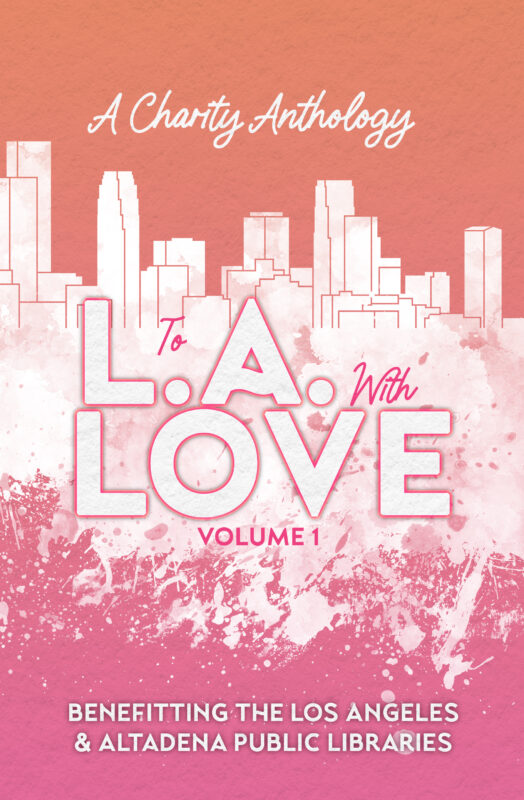


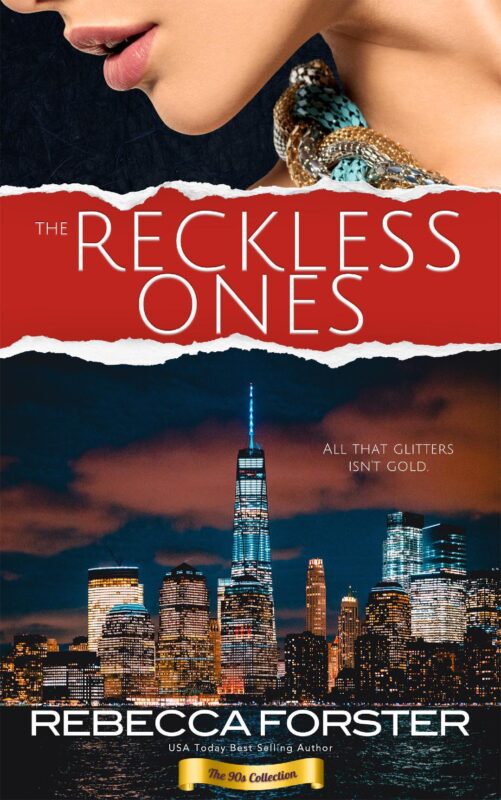

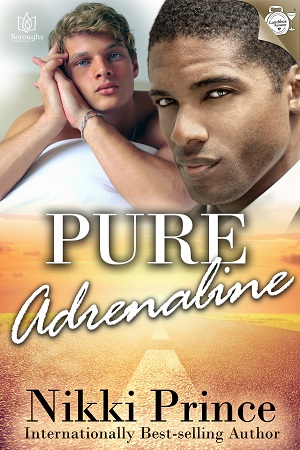
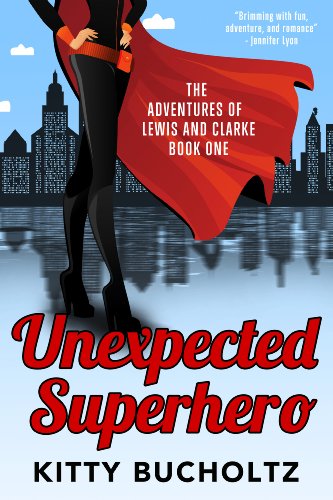








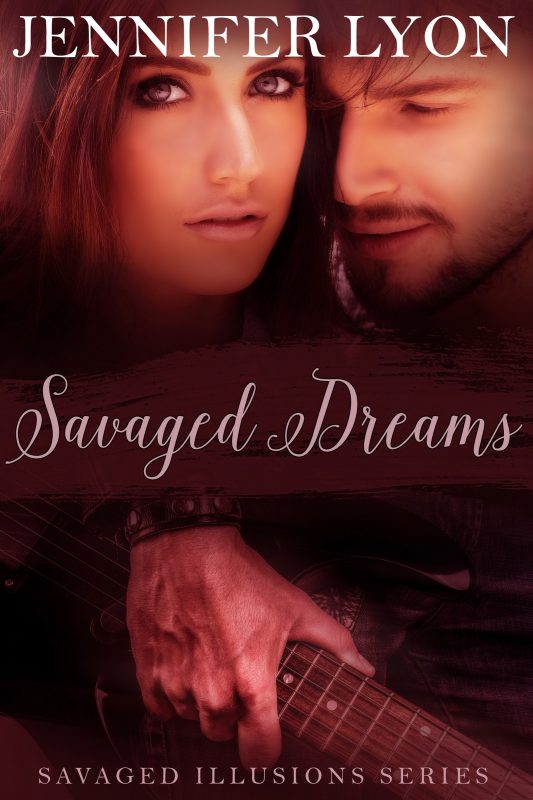



























Great post Veronica! As you know, cutting isn’t the big problem for me, but word counts are! We definitely agree that making every word count is key. I love your question about whether some of the great writers would be published by today’s standars. Makes me wonder how many great works have been passed over because of numbers.
Yes, the great writers we still read today are so varied in language, depth, and style which is why they’re still around. I want to be part of that group.